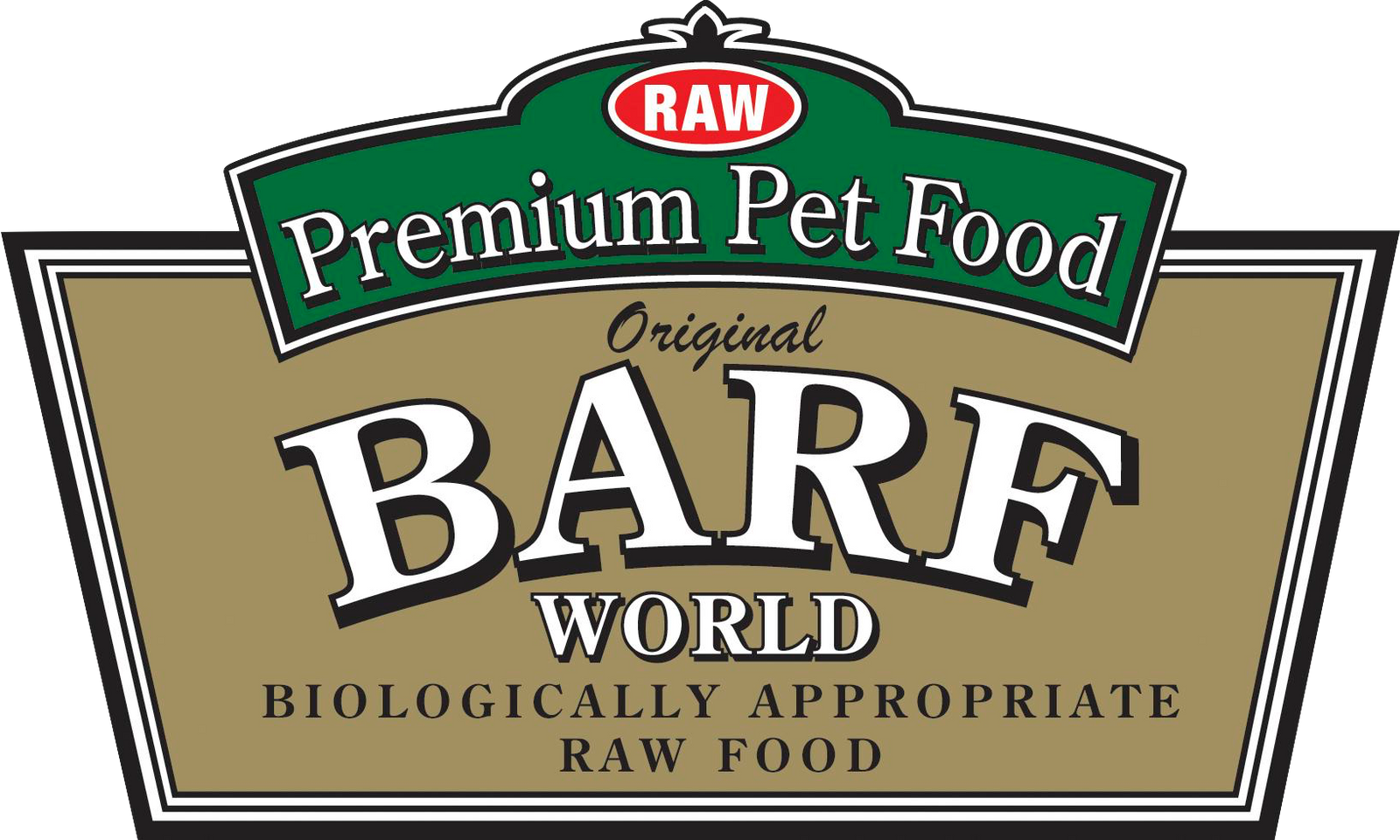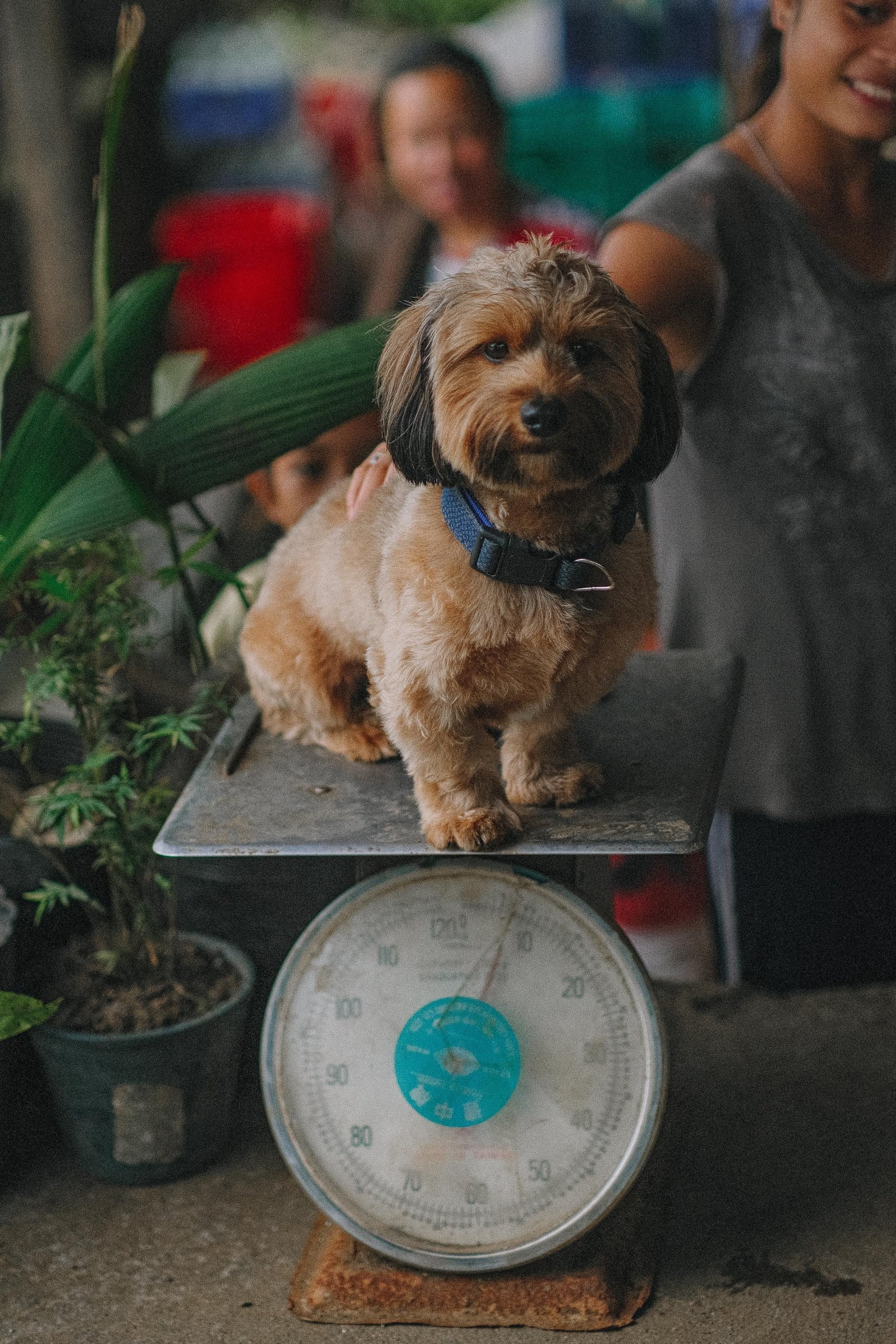High nutrient bioavailability
The more natural, unaffected forms of amino acids, enzymes, coenzymes, and lipids are found in raw beef. Compared to highly processed kibble, it may aid in digestion, absorption, and a lower metabolic burden.
Low carbohydrate load
The "sugar feeds cancer" theory suggests that many raw cancer diets are very low in carbohydrates, which may prevent cancer cells from receiving glucose spikes. Many holistic regimens mainly rely on that, while it is debatable if it is entirely valid in vivo (as CanineLymphoma.com claims).
Lean muscle preservation and improved physical condition
Loss of muscle is common in cancer (and chemotherapy). Maintaining bodily condition, strength, and resilience may be aided by a diet that meets protein needs without the use of hidden starch fillers.
Support for the immune system and control of inflammation
Fatty fish, organ meats, etc. are common components of raw diets and can include omega-3 fatty acids, fat-soluble vitamins, and other substances that may have immunomodulatory or anti-inflammatory effects (if balanced).
Decreased exposure to carcinogens and byproducts
Processed kibble may contain heat-damaged proteins, oxidized lipids, and chemical preservatives, all of which some believe may exacerbate oxidative stress or encourage the growth of cancer. Much of that is avoided on a raw meat diet.
Increased transparency and control
Your pet trusts the decisions that you make for them as a pet parent and good food choices that you make are a long-term benefit of the pet. Dietary changes can be made more quickly in the event of side effects or a recurrence of cancer.
Theoretically, a well-designed raw diet has benefits in energy balance, nutrient density, and decreased "junk load," all of which are significant when managing a systemic illness such as lymphoma.
Risks and Challenges
Of course, it's not all positive. A dog with lymphoma is particularly at risk while receiving therapy. Among the dangers and difficulties are:
Pathogen risk and immune suppression: Salmonella, E. coli, and Listeria are bacterias that can be found in raw meats. Due to a weakened immune system, a dog receiving chemotherapy is more susceptible to food-borne illness. Many veterinarians identify that as one of their primary concerns. The authors of CanineLymphoma.com recognize this risk and advise, if necessary, to boil meat just a little. The BARF Diet take additional steps to cold-press all of the diets to eliminate the risk of contamination.
Nutrient balancing under stress:Cancer-stricken dogs may have changes in their digestion, metabolism, or absorption. For a cancer patient, even a balanced recipe meant for healthy dogs may need to be modified.
Cost and labor:Premium supplements and raw materials (such as spirulina, algae, and antioxidant mixes) can be pricey. Complete supplements like E-BARF Plus can take the stress out of maintaining an assortment of additional supplements. Work is also added by maintaining hygiene, preparing meals, and making sure everyone is safe.
Interaction with traditional therapy: Certain antioxidants or chemicals have the potential to interfere with radiation or chemotherapy. Selection, dosage, and time are important.
Absence of solid clinical research: Although interest is growing, there aren't many extensive, well monitored studies that demonstrate that a raw diet by itself prolongs survival in canine lymphoma.







